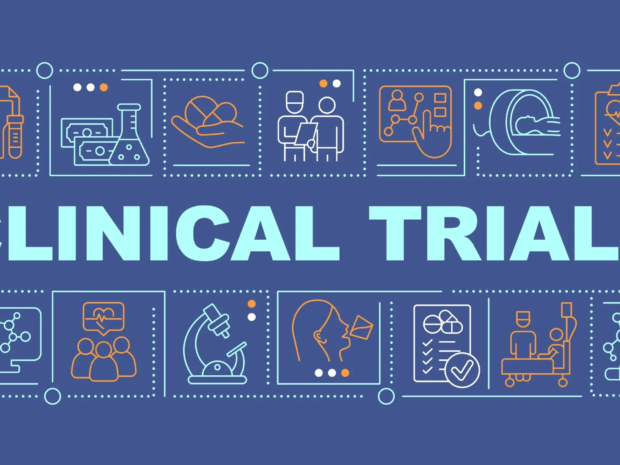Clinical research sites are under constant pressure to follow strict rules, protect human subjects, and be ready for audits at any time. While written policies matter, what really builds a strong foundation is the daily behavior of staff. When safety
A Step-by-Step Guide to U.S. Regulatory Agencies in Clinical Trials: FDA, HHS and OHRP
Clinical trials play a vital role in testing new drugs, devices, and treatments. These studies help determine if medical innovations are safe and effective. But behind every trial is a network of federal agencies responsible for protecting the public
Holiday Season Risks in Clinical Trial Management: What CRCs Need to Watch Out For
The holiday season is a time of celebrations, travel, and time off, but for Clinical Research Coordinators (CRCs), it also brings a unique set of challenges. Clinical trials must run smoothly year-round, even when staff are on vacation, patients are
Workplace Ergonomics for Clinical Research Associates: Preventing Strain and Fatigue
Clinical Research Associates (CRAs) spend long hours working on computers, reviewing documents, and traveling between study sites. While the role is essential in bringing new treatments to the world, the daily physical strain, especially from prolong
Hazard Communication in FDA Workplaces: A Role-Based Overview
:root{ --ink:#22323d; --muted:#475569; --brand:#2a6e86; --bg:#f7fafc; --softA:#eaf4ff; --softB:#f1fbf7; --card:#ffffff; --shadow:0 12px 26px rgba(42,110,134,.10); --shadowHi:0 18px 38px rgba(







